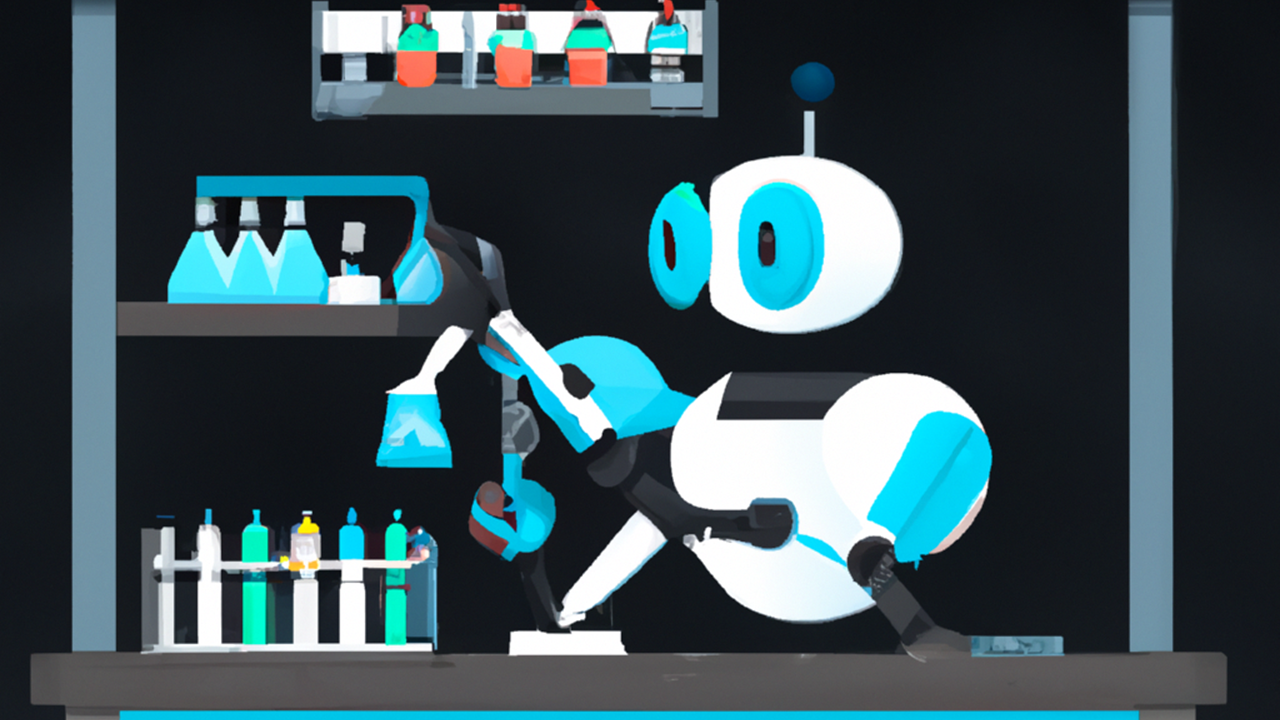Over the past few years, VR has emerged as a powerful tool with the capacity to revolutionise the field of medicine. With its immersive capabilities and versatile applications, VR has the potential to greatly enhance diagnostics, treatment, patient experiences, and medical training, reshaping the healthcare landscape.
In this article, we will take a closer look at the current and future applications of VR technology in healthcare. From mental health interventions and rehabilitation to surgical simulations and medical education, VR offers numerous advantages that can transform traditional healthcare practices and provide enhanced experiences for both patients and medical professionals.
Virtual Reality in the Wider Healthcare Ecosystem
Virtual reality (VR) is rapidly gaining traction in the healthcare industry, and its impact is being felt across various applications and sectors. A recent market report from Emersion Insights sheds light on the remarkable growth of VR in healthcare, revealing its increasing market size and dominant application types.
According to Emersion Insights market report, the VR market in healthcare reached an impressive $395 million in 2022. This substantial figure demonstrates the industry’s recognition of VR’s potential and the growing investment in its development and implementation. As VR technology continues to evolve and become more accessible, this market size is expected to expand even further in the coming years.
Among the various application types within healthcare, medical training emerges as the frontrunner in terms of revenue generation. The immersive nature of VR allows medical professionals to engage in realistic simulations, practice complex procedures, and refine their skills in a risk-free environment. As a result, medical training using VR has garnered significant attention and investment, contributing to the substantial revenue within the VR healthcare market.
Furthermore, the Emersion Insights report highlights the significant role of large and academic hospitals in driving VR sales in the United States. In 2022, this segment was responsible for an impressive 48% of the global sales. These institutions recognise the value of VR technology in enhancing medical education, improving surgical outcomes, and providing innovative patient care experiences. By embracing VR, large and academic hospitals are leading the way in adopting this transformative technology and shaping the future of healthcare.
The findings from Emersion Insights emphasize the growing influence of virtual reality within the wider healthcare ecosystem. As the market size expands and VR continues to gain prominence, other application types will grow in significance and contribute to revenue growth.
7 Leading Application Types for VR in Healthcare
Virtual reality (VR) has a wide range of applications within the healthcare industry, changing how medical professionals provide care and patients engage with their treatment. Let’s explore some of the key application types where VR is making a significant impact:
Patient Education & Communication: VR enables healthcare providers to educate patients about their conditions, procedures, and treatment options in a highly engaging and immersive manner. By visualising complex medical concepts and simulations, patients can better understand their healthcare journey, leading to improved adherence and shared decision-making.
Rehabilitation & Training: VR is increasingly being used for physical and cognitive rehabilitation. By creating interactive environments, VR can facilitate therapy sessions that improve motor skills, balance, and cognitive functions. Additionally, VR-based training programs help patients relearn daily activities and regain independence following injuries or surgeries.
Medical Training: VR provides a safe and realistic environment for medical professionals to practice and refine their skills. Surgical simulations allow surgeons to rehearse complex procedures, enhancing their precision and confidence. VR training programs are also valuable for other healthcare disciplines, such as nursing, emergency medicine, and anesthesia, providing hands-on experience without risking patient safety.
Mental Health & Adjunctive Therapy: VR offers a promising avenue for mental health treatment and adjunctive therapy. By immersing patients in virtual environments, VR can simulate scenarios that help manage anxiety, phobias, and post-traumatic stress disorder (PTSD). It also provides a platform for mindfulness exercises, relaxation techniques, and exposure therapy, supplementing traditional therapeutic approaches.
Pain Management & Physical Therapy: VR has demonstrated effectiveness in reducing pain perception and improving outcomes in pain management. By distracting patients from discomfort and immersing them in relaxing or engaging experiences, VR can alleviate acute and chronic pain. Additionally, VR-based physical therapy programs provide interactive exercises that motivate patients and promote rehabilitation.
Surgery & Diagnosis: VR plays a crucial role in surgical planning, allowing surgeons to visualise and practice procedures in a virtual environment before entering the operating room. It assists in precise anatomical mapping, enhancing accuracy during surgery. Moreover, VR facilitates diagnostic processes, enabling medical professionals to explore medical imaging data in an immersive and interactive manner for more accurate diagnoses.
Drug Development: VR is transforming the drug development process by simulating drug interactions and molecular structures. It enables researchers to visualise and analyse complex data, potentially expediting the discovery and development of new therapies. VR can also enhance clinical trials by providing virtual environments for testing drug efficacy and safety.
Unlocking Opportunities for Innovation and Advancement
In the coming years, the world can expect virtual reality (VR) to have a transformative impact on healthcare. As technology advances and accessibility improves, several key developments and trends will shape the future of VR in healthcare.
Firstly, VR experiences will become increasingly immersive and realistic, blurring the line between the virtual and physical worlds. Enhanced haptic feedback, realistic visuals, and improved sensory integration will enable more effective therapeutic interventions and training simulations. Moreover, the applications of VR in healthcare will expand, catering to specialised areas and unique patient needs. Personalised treatment plans, remote healthcare delivery, advanced diagnostics, and precision medicine will all benefit from VR’s capabilities. Collaboration among healthcare professionals will be greatly facilitated by VR, transcending geographical boundaries. Remote consultations, multi-user simulations, and virtual conferences will enable seamless knowledge sharing, leading to improved patient outcomes and expanded access to specialised care.
Integration with other emerging technologies, such as artificial intelligence (AI) and augmented reality (AR), will create powerful synergies. AI algorithms will enhance the intelligence and responsiveness of VR systems, while AR overlays will provide real-time contextual information during medical procedures, making healthcare more precise, efficient, and data-driven.
Patient empowerment and engagement will be a central focus of VR in healthcare. Personalised health education modules and immersive therapy sessions will empower patients to take an active role in their treatment, leading to better adherence, self-management, and overall satisfaction.
In summary, the future of VR in healthcare holds great promise. As VR technology continues to mature, it will revolutionise healthcare delivery, improve patient outcomes, and create a more personalised and accessible healthcare system. By harnessing the potential of VR, we have the opportunity to transform healthcare and shape a brighter future for patients and healthcare professionals alike.




